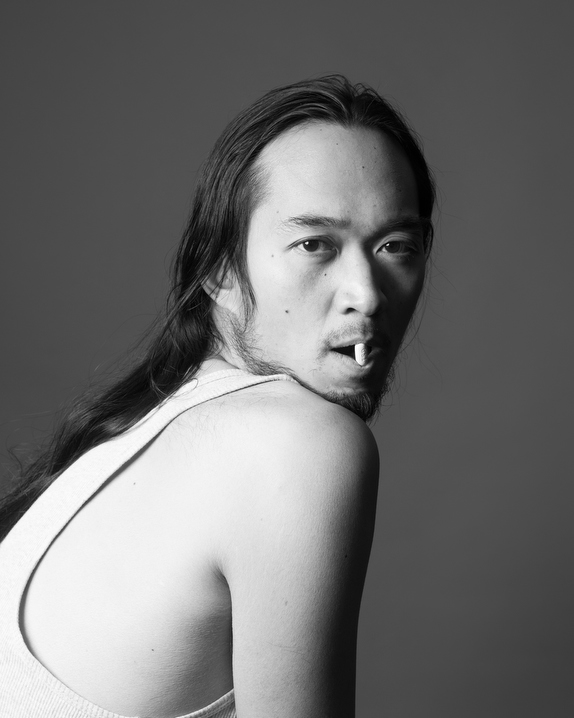Justin Anantawan / Canada
“In my life, I have had two rebirths – at age 21 when I came out of the closet and at age 29 when I was diagnosed with HIV.
I felt lonely hiding my sexuality for two decades. While I saw friends in high school and university dating and having meaningful relationships, I remained single – I knew I was attracted to men but could not face being vulnerable enough to pursue a man. Despite understanding that homosexuality was not a bad thing, I could not overcome the shame of being gay that had been implanted in me during my childhood: going to church and watching my loved ones sign a petition to oppose gay marriage in Canada, being bullied in school for being too “girly”, hearing one of my teachers proclaiming that anal sex was a sin, etc. My silence protected me from being discovered but trapped me in a prison of self-loathing and loneliness.
Finally, after a failed attempt of a relationship with a woman in Kenya and being heart broken by a gay classmate in teachers college (who gave me my first kiss but would not leave his boyfriend) I came out of the closet. I was falling apart and I needed my family and friends to help me – I was also tired of being alone. I was born again, as my gay authentic self, and in time, I was able to have some meaningful loving relationships with men.
Then after a two year teaching mission in Gambia, I was rebirthed into a new life again – this time as a person living with HIV. When I found out, I was angry – I was angry at myself, angry at God, angry at the man in Gambia who had transmitted the virus to me. For some months, I was on the brink of suicide. This was all made worse by the stigma I faced within the gay community – men would ask me if I seriously thought anyone would want to date me, would block me on Grindr when they found out my HIV status, would be afraid to get a massage from me thinking that was one way to become infected with the virus, would call themselves “clean” and make me feel dirty. I am grateful for my counsellor John Larsson at the AIDS Committee of Toronto, who helped me learn to love myself, accept my new life with HIV, and find ways to make my life liveable (finding an doctor who specialized in HIV, learning how to travel with HIV meds, etc.). What also helped me was learning about U=U – that because I was regularly taking my HIV meds, my viral load was suppressed to undetectable levels, meaning that it was untransmissible sexually.
A year after my diagnosed, I went back to Jamaica to volunteer with an LGBTQ organization. I am not sure why, but the gay men in Jamaica were far more accepting of me as a poz person than men in Canada – not once was I rejected based on my HIV status. My new circle of gay friends in Jamaica helped me to heal and it was in Jamaica that I finally came to terms with my diagnosis. I remember on the one year anniversary of my diagnosis going to a beach in Kingston to celebrate and thank God for one year of surviving my diagnosis.
I eventually went back to school for social work and doing my internship at Asian Community AIDS Services helped me to develop the skills and knowledge I needed to become an HIV outreach worker and activist. My supervisor and mentor Christian Hui, an HIV and harm reduction activist from Hong Kong, helped me to overcome the trauma from my diagnosis to become the advocate I am today. I now work in the gay community of Kenya, providing counselling to men who are poz, distributing condoms and lubes on Grindr and I will soon be taking a course to learn how to give HIV testing and counselling in Kenya. I also use my talent of photography to tell stories of other LGBTQ folks living with HIV (like the self portrait above). I want to continue to fight to end HIV stigma, prevent more HIV infections and help folks living with HIV to live happier and healthier lives.”





Bold, transparent, honest, courage and INSPIRATION. This is what i feel as i read you and what i see through your photography.
Thank you for sharing your Uniqueness and your stories to inspire and raise awareness in the hope of opening closed minds to see the beauty in Everyone’s unicity.
Be well and sTrong